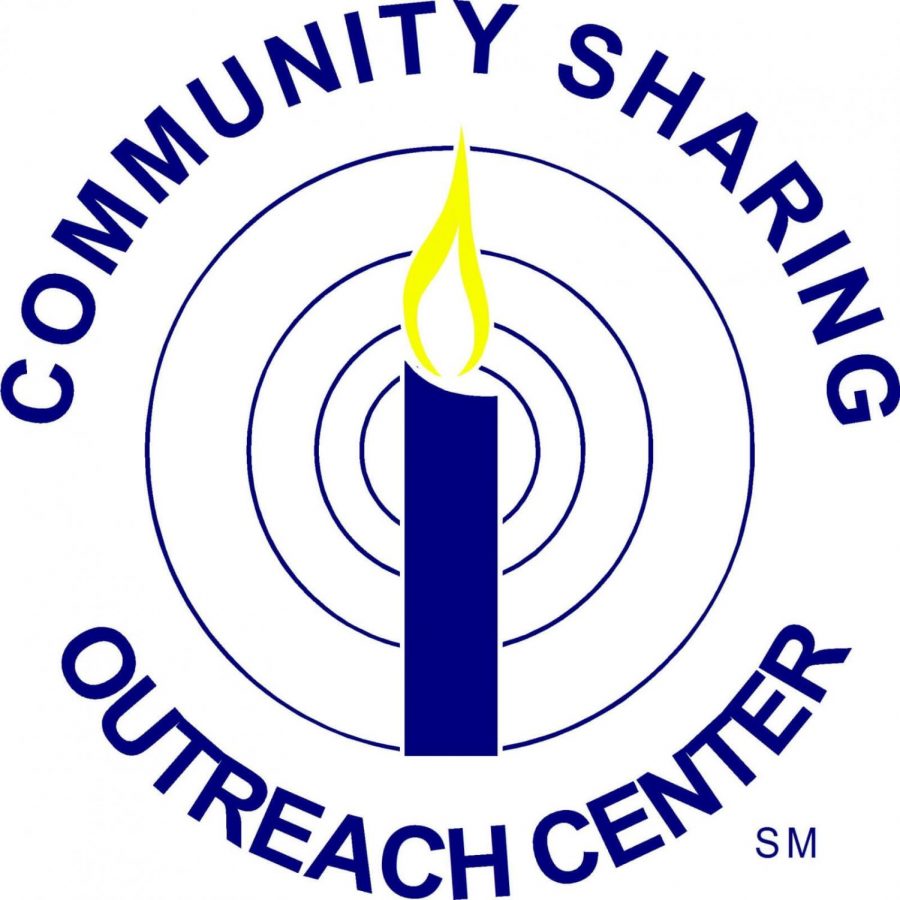Lending a helping hand from home
April 20, 2020
Across the nation, families are facing a crisis like no other in our lifetimes: in the State of Michigan alone, more than one million people have filed for unemployment thus far, more than 25 percent of the workforce. Medical and essential personnel are on the front lines battling the pandemic heroically, attempting to mitigate the spread of both mass illness and hysteria. With children and caretakers staying home from work and school, people are being pushed to adapt to the new “normal” as COVID-19 grips onto American livelihoods.
Hope can be found in the sprawling sea of concerning media updates as both on a national and local scale, citizens are coming together to aid those in need with funds and resources at astounding numbers. “It has been a wonderful surprise to see the generous support of the community,” shared President of Community Sharing Outreach Center, Dave Bell. “We have seen a large amount of kid-friendly food donations come in, as well as financial donations. This is particularly important; due to the virus, we are losing two of our major fundraisers this spring. It is really cool to see how the community has pitched [in].”
All who have the means to donate are encouraged to help a neighbor, friend, or even stranger at risk for financial and medical despair during these uncertain times–here’s how you can help.
On a local scale, there is a lot that community members can do to boost morale and donations. Families should consider ordering delivery or pick-up meals from restaurants and diners that are offering these options. An alternative approach to help local businesses would be to purchase gift cards or certificates to redeem at a later date. This supplies the business with money now, while serving as a chance to eat out later on. Salvation Army locations are currently accepting food or monetary donations as well to care for kids, families, veterans, and homeless people in the community.
The Community Sharing Outreach Center in Highland works year round within the Huron Valley Schools District to allot food, clothing, and access to caseworkers to strengthen families during difficult times. Though the ‘Clothes Closet’ and building is closed to the public as of now, the organization has found ways to still reach those who are in need: “We are set up to pre-pack food boxes, and we can deliver these to the cars in our parking lot. As for case work help, families can call in to talk to a caseworker. We also do home deliveries to shut-ins,” said Bell. Additionally, Community Sharing has ramped up the amount of food and has added additional produce and “kid-friendly” snacks for children stuck at home.
Hundreds of organizations are working tirelessly to raise food, funds, and supplies to contribute to the cause internationally. Some of the most well-known that aid vulnerable individuals with securing food are Feeding America, Meals on Wheels, and No Kid Hungry. With 200 food banks and 60,000 food pantries nationally, Feeding America is an accessible alternative for people to donate to. Meals on Wheels delivers healthy meal options to seniors isolated across the country; donations go toward restocking food supplies, paying subsidies for additional transportation and workers, and increased technological outreach to those in need. Finally, No Kid Hungry uses funds to promote the distribution of free meals to children in need, particularly due to school closures.
To support medical efforts, many have already willingly shared masks and other PPE from businesses and households alike. Another way to help those endangered by close contact to the virus is through financial donations to organizations purchasing equipment to protect health care workers to stay safe. These include Direct Relief, which donates protective masks, gowns, and gloves in densely populated areas with confirmed cases, as well as the Center for Disaster Philanthropy Covid-19 Response Fund, which supports quarantined and infected individuals and hygiene campaigns to limit the spread. The CDC Foundation is also accepting funds that will be used to respond to emergencies that arise.
In regards to physical donations, some causes are working to maintain children’s education, blood available to hospitals, and legal aid to asylum seekers in the United States. First Book uses donations to purchase seven million books to children without Internet access to continue learning opportunities. The American Red Cross and America’s Blood Centers unite community and widespread efforts to collect blood for patients in need across the country. The Lawyers For Good Government Foundation uses donations to fund travel for volunteer lawyers to assist asylum seekers at the U.S. border and in refugee camps to access pro bono services. Hundreds of other organizations have played a crucial role in providing for various groups of people affected economically by COVID-19 as well.
The only way that humanity will succeed in its battle against this pandemic is through unity; every donation counts, as it will improve someone’s life in some way. For those who are able to contribute, please consider donating to one of the causes mentioned above, or to another organization of your choosing. Above all else, stay safe, check in on loved ones, and have hope!
